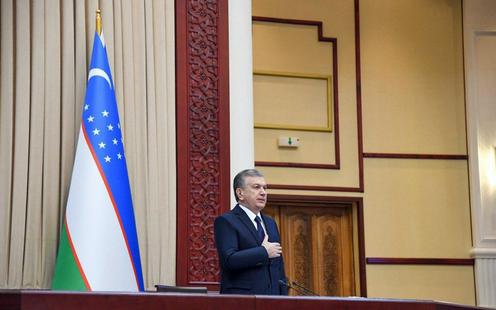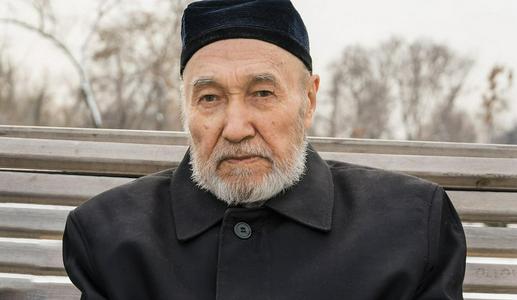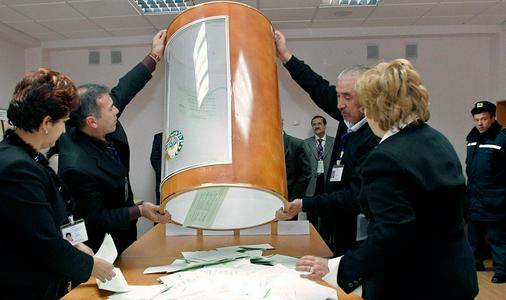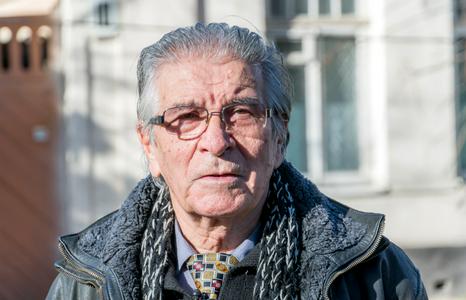 Shavkat Mirziyoyev at the session of the Legislative Chamber on 20 January 2020. Photo by the Press Office of the President of Uzbekistan
Shavkat Mirziyoyev at the session of the Legislative Chamber on 20 January 2020. Photo by the Press Office of the President of Uzbekistan
The years of Islam Karimov’s leadership in Uzbekistan were “a time of fear” and a climate of silence was fostered among parliamentary deputies, Uzbek President Shavkat Mirziyoyev declared today – without mentioning his predecessor by name – in a speech to members of the legislative chamber the Oliy Majlis, reports Gazeta.uz (in Russian).
“I was a deputy for nearly 15 years. But times were different back then. The quieter one was, the better... We were living in a time of fear,” said Mirziyoyev.
The president called on deputies to play a more active role in the introduction of reforms, to be bolder and more decisive, and not to allow the passage of laws that are not in the interests of the people. In order to raise parliamentary deputies’ authority, Mirziyoyev has proposed legislation requiring ministers and heads of government agencies to respond in person to deputies’ questions. And the Ministry of Finance will be obliged to account to parliament for every Som in the budget.
Mirziyoyev spoke of the need to establish a dialogue between deputies and voters by setting up an online portal and mobile phone app allowing members of the public to contact MPs. “The system should work in such a way that voters can follow the daily activity of parliamentary deputies, discuss draft legislation and express their opinions on it. Only by this means will we build a real bridge between citizens and parliament,” declared the President.
In order to raise parliamentarians’ communication skills, a new system of continual learning for deputies has been proposed in partnership with the Academy of Public Administration – a kind of study course for MPs.
The President said that over the last five years, the lower house of parliament has stepped up its activity significantly. Deputies have discussed 540 draft laws, a two-fold increase on the period 2010-2014. A Civil Procedure Code, an Economic Procedure Code and an Election Code have been enacted, alongside a number of other important legislative acts. Thanks to public discussions, around a thousand legislative clauses and more than 400 draft laws have been drawn up taking into account citizens’ views. Of these, 16 were sent back for amendment – whereas in 2010-2014 this did not happen once.
Earlier in the session, it was announced that a new post had been created in the Legislative Chamber – that of first vice speaker. The position was given to the director of the National Center for Human Rights, Akmal Saidov.
The new composition of the Legislative Chamber was decided by the results of the second round of parliamentary elections, held on 5 January this year. The highest number of seats – 53 – was won by members of the Liberal Democratic Party (UzLiDeP), the Milly Tiklanish (National Revival) Democratic Party received 36 seats, the Adolat (Justice) Social-Democratic Party 24, the National Democratic Party (NDPU) 22 and the Ecological Party 15.









